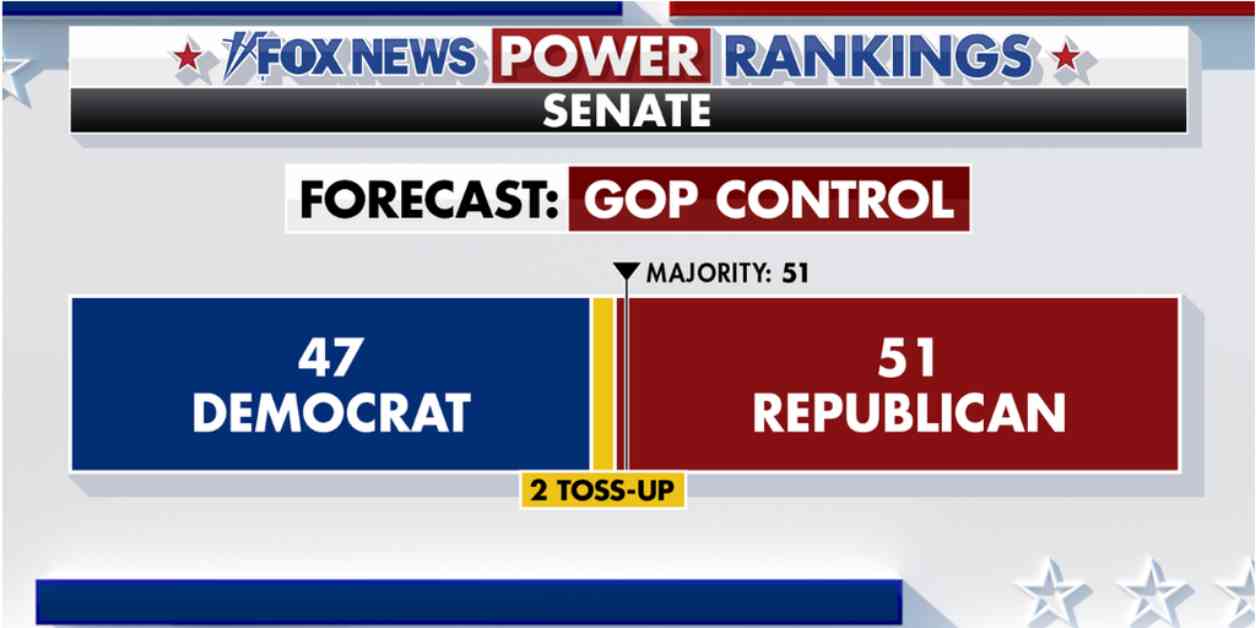Senate Republicans have been receiving significant financial support from a top outside group as they aim to regain the majority in the Senate. The Senate Leadership Fund (SLF), which is aligned with Mitch McConnell, announced that it raised an impressive $114.5 million during the third quarter of fundraising in 2024. This brings their total fundraising for the entire election cycle to $181 million, surpassing their fundraising at the same point in the 2022 midterms.
The SLF credits its success to the generous support of donors who believe in their mission of recruiting strong candidates and providing them with the resources needed to compete against well-funded Democrats. With Democrats currently holding a slim majority in the Senate, Republicans need to gain one or two seats to secure the majority, depending on the outcome of the presidential election.
The GOP is in a favorable position for the 2024 elections, with Democrats defending 23 out of the 34 Senate seats up for grabs. States like West Virginia, Ohio, and Montana, which were carried by Trump in the previous election, are seen as potential opportunities for Republicans to flip seats. Additionally, key battleground states with Democratic-held seats are also being targeted by the GOP.
The SLF, along with the allied group American Crossroads, has reserved a substantial amount for advertising in crucial states like Montana, Ohio, Pennsylvania, Wisconsin, and Michigan. These states are home to competitive Senate races where Republicans are challenging Democratic incumbents. The significant investment in advertising shows the commitment of these groups to support Republican candidates and increase their chances of winning in these battleground states.
As the 2024 campaign trail heats up, the financial support provided by outside groups like the SLF plays a crucial role in shaping the outcome of the Senate elections. With the balance of power in the Senate hanging in the balance, the efforts of these groups could have a significant impact on the future direction of the Senate and the policies that will be implemented in the coming years.




